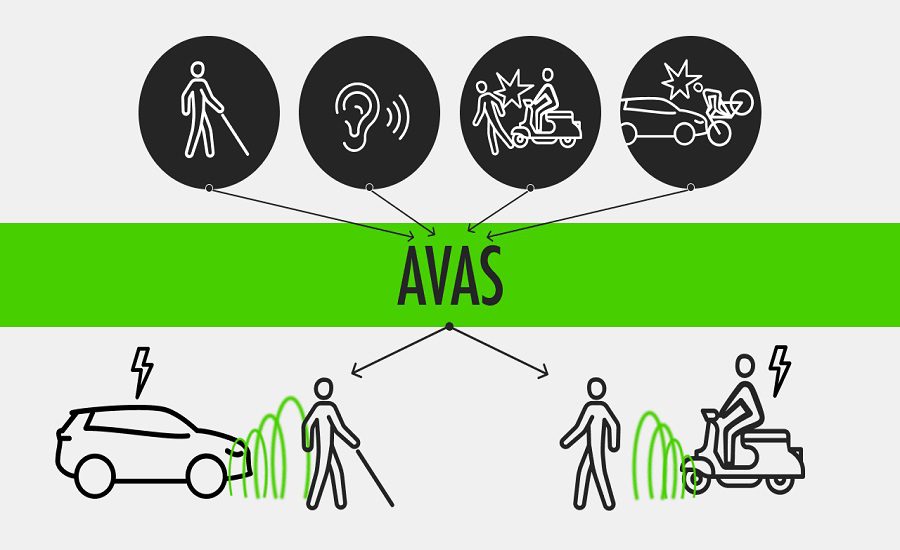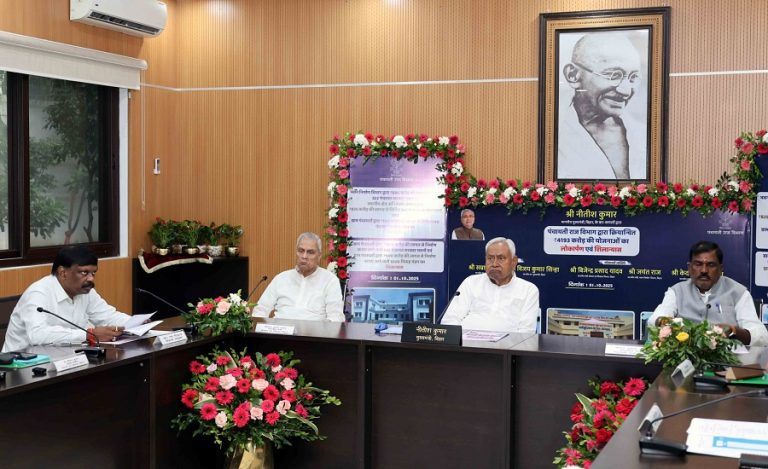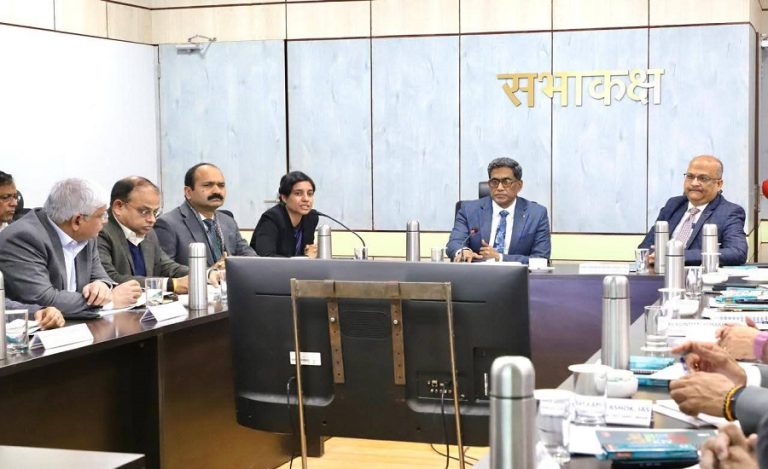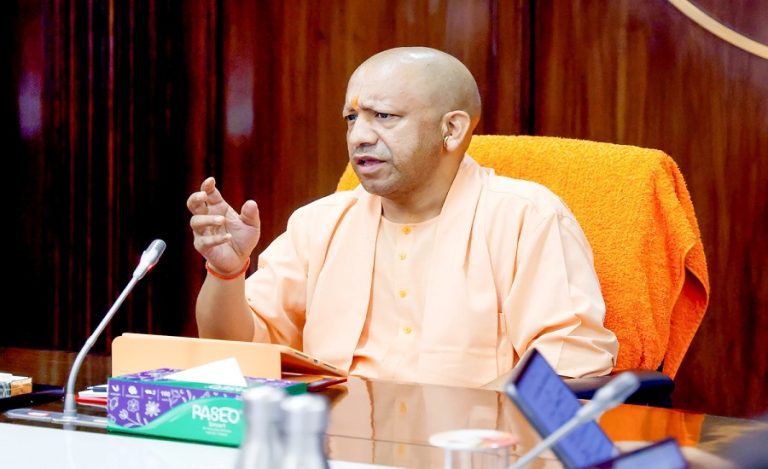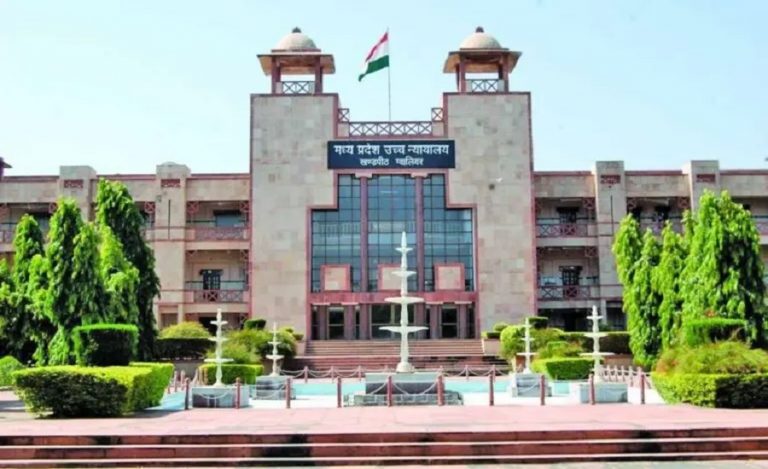New Delhi: The Ministry of Road Transport and Highways (MoRTH) has proposed the mandatory implementation of Acoustic Vehicle Alerting System (AVAS) in all electric vehicles starting October 1, 2027, in an effort to improve road safety for pedestrians and other road users.
The proposal is part of a draft notification issued by the ministry, which outlines clear deadlines for the adoption of AVAS in new and existing models of electric vehicles under the M and N categories.
What Is AVAS and Why Is It Needed?
Acoustic Vehicle Alerting System (AVAS) is a technology that generates artificial sound in otherwise silent electric or hybrid vehicles, helping alert pedestrians—especially those who are visually impaired—of an approaching vehicle.
Unlike conventional internal combustion engine vehicles, electric vehicles operate silently at low speeds, increasing the risk of accidents in urban and pedestrian-heavy areas. AVAS helps mitigate this by producing a sound that mimics engine noise or alerts.
Key Implementation Timeline
For New EV Models:
- AVAS to be mandatory from October 1, 2026
- For Existing EV Models:
- AVAS to be mandatory from October 1, 2027
These rules apply to electrified vehicles of Category M and N, as per the draft notification.
Categories Covered
- Category M: Electric passenger vehicles including cars, vans, and buses
- Category N: Electric goods vehicles such as trucks and commercial carriers
As per the notification, the vehicles must meet the audibility standards specified in AIS-173, which will be updated “as amended from time to time.”
AVAS Already Mandatory in Other Countries
The move brings India in line with global safety norms. Countries such as:
- United States
- Japan
- European Union nations
have already made AVAS compulsory in electric and hybrid vehicles, particularly for low-speed operation where pedestrian awareness is critical.
Next Steps
The proposal is currently in the draft stage, and stakeholders, including automakers, consumer rights groups, and safety regulators, are expected to provide feedback before final implementation.
Once finalized, vehicle manufacturers will need to integrate AVAS technology in their production lines for compliance.
Read also: Uttar Pradesh to Develop Industrial Corridor in Sultanpur: Boost to Jobs, Investment & Connectivity

